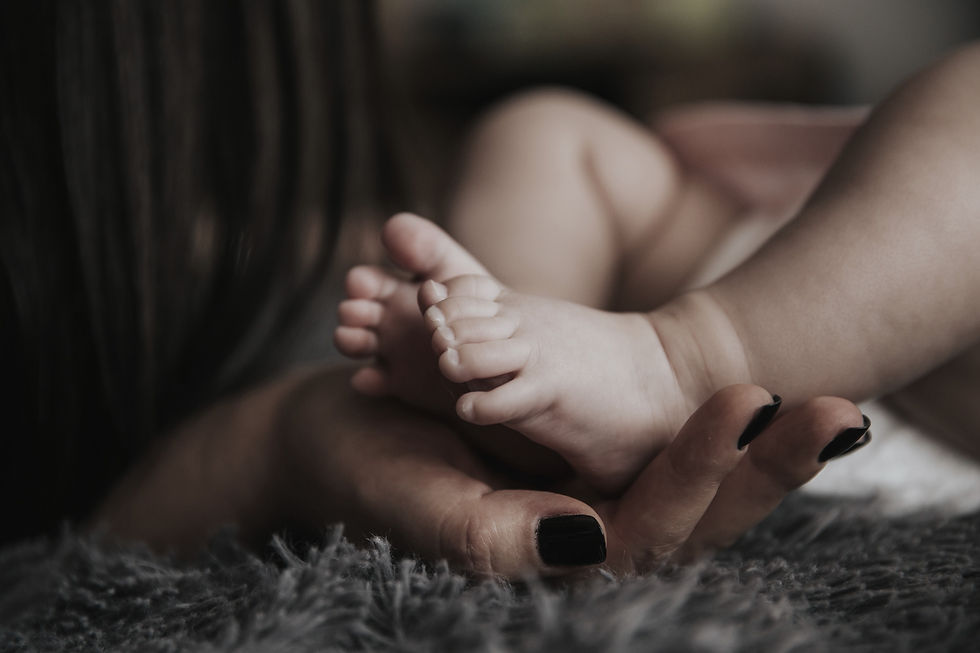Adoption: Win, Win, Win?
- Shannon Murphy Cerise
- Sep 30, 2023
- 2 min read

In some form or another, the concept of adoption has been around forever, allowing children to be cared for by others when biological families are unable or unwilling to. While today adoption is recognized as a legal and social process, it’s most helpful to see it in a larger framework: a lifelong, intergenerational process that unites the constellation of birth families, adoptees, and adoptive families forever.
In general, adoption is viewed positively in our culture and the process is most often considered to be rewarding for all involved. However, it is still a complex undertaking that involves a wide range of complicated and sometimes confusing feelings. One aspect of adoption that is often overlooked or sometimes minimized, is that grief and loss are often part of the adoption process.
Adoptive families have often experienced a physically and emotionally taxing journey of infertility, miscarriage, and failed fertility treatments. They may experience grief over the loss of their dream of having a biological child, as well as the loss of control over the pregnancy and birth process. They may also grieve the loss of the child they had imagined and hoped for, as well as the loss of a biological connection with their child.
Over time, adoptive parents may also feel pressure to present a perfect image of their family and be reluctant to discuss the unique challenges they face. They may also struggle with feelings of guilt or inadequacy, wondering if they are doing enough to support their child's emotional needs.
For birth parents, the decision to place their child for adoption is often a result of difficult circumstances such as financial constraints, lack of personal support, substance abuse, or mental health issues. Birth parents most often experience grief over the loss of their child, as well as the loss of their parental rights and the future they had imagined with their child.
Birth parents may also feel guilt, shame, regret, or stigma for making a plan for adoption. They may wonder if they made the right decision in placing their child for adoption and struggle to find support and understanding from others.
For adopted children, the experience of being separated from their birth parents and placed in a new family can be traumatic. Adopted people often experience grief over the loss of their birth family, as well as the loss of their cultural identity and connection to their birth culture. They may also experience feelings of rejection, abandonment, and confusion over their identity and struggle to understand their place in their adoptive family and the world at large.
It is important to acknowledge the range and complexity of feelings involved in adoption and address loss and grief in healthy and supportive ways that enable all involved to thrive. Working with adoption-competent therapists, adoption agencies, and specialized support groups can help all those touched by adoption effectively process the grief that is often associated with adoption and build loving, sustaining relationships with one another.
My background, training, and professional experiences includes working effectively with adoptive and foster families, and I understand the complexities involved in adoption. Please reach out if you are in need of companionship on your journey.




Comments